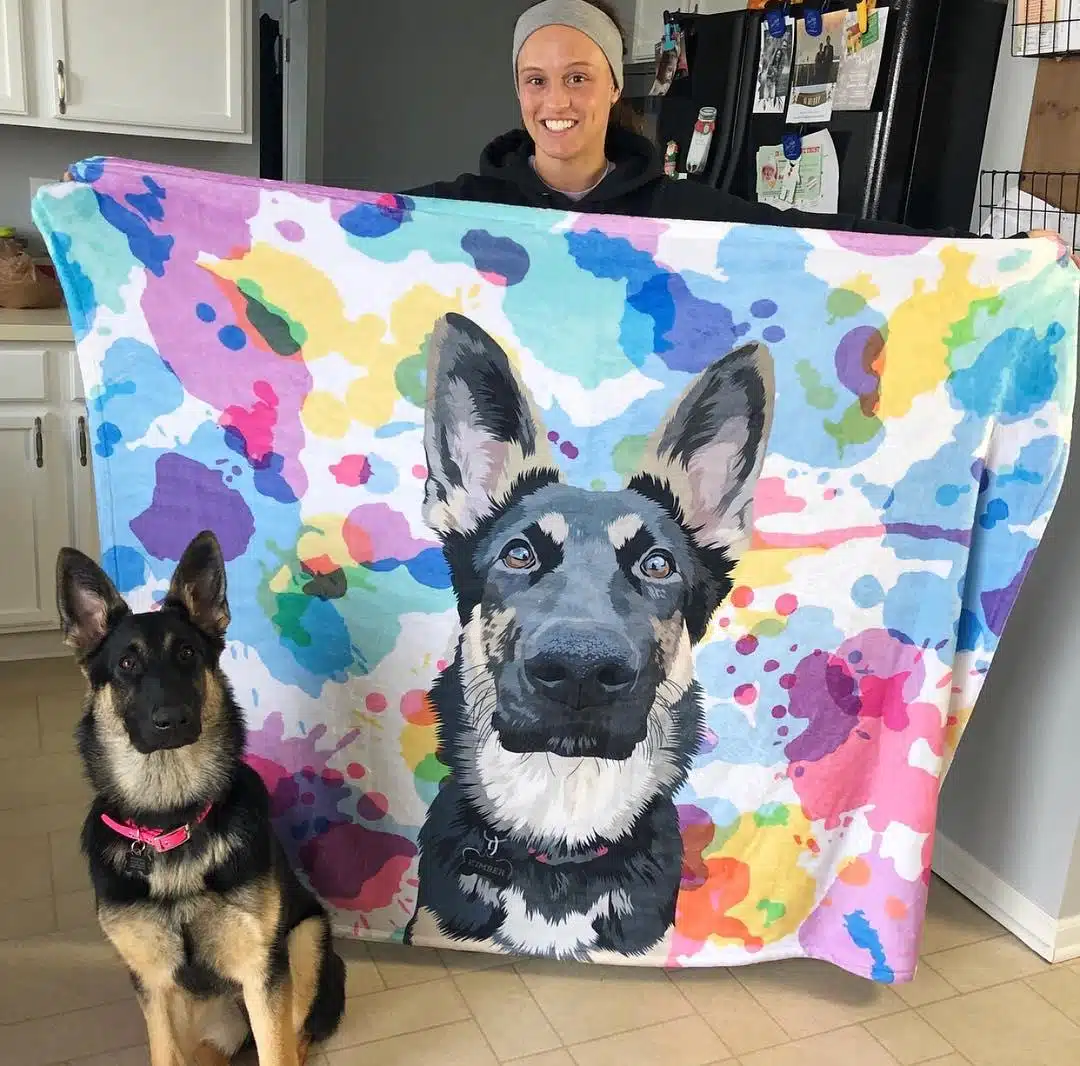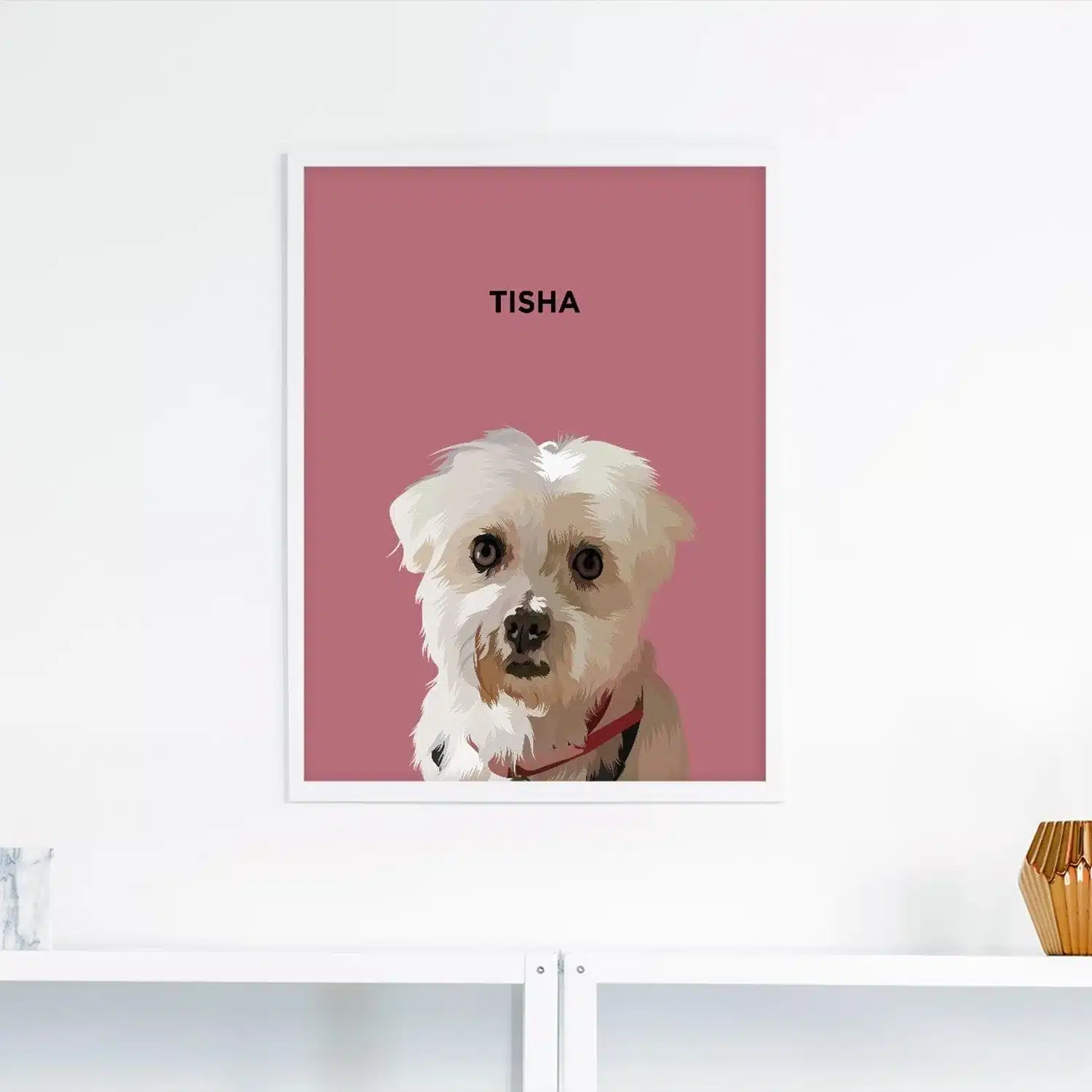Tickle Me Please!
Have You Ever Seen A Dog Who Simply Lies Down As You Approach Him And Then Bare His Belly? You know what that means, right? He wants to get a belly rub. Well, you probably have noticed how he tries to kick his legs in the air. Sometimes, he even tries to gently kick your hands, but he still wants you more. After all, he can simply get up to stop you from rubbing him, right?
Could this be their way of saying they love what we’re doing? Arguably, a lot of dog owners assume that this is their way of secretly saying “Hooman, it tickles me!” But, are dogs really ticklish? Do they feel the tickling sensation like us? Most importantly, will tickling your dog help you become closer to them? These are just some of the interesting questions we’ll be answering today.
Are Dogs Ticklish?
Tickling for humans is a bit of a mystery. After all, why would you feel ticklish when someone tries to tickle you, but you can’t tickle yourself? Why do we laugh when we are being tickled when we know there’s nothing funny about being tickled? Why are some people more ticklish and others don’t have tickle spots?
Well, that’s exactly why some experts try to decipher what tickling sensation is. Among these experts are psychologists Arthur Allin and G. Stanley Hall. They proposed two types of tickling sensations. The first one is the knismesis. It is the light tickling sensation that gives us goosebumps. The second one is the gargalesis, which is heavy tickling that makes us laugh helplessly.
Well, there’s no definite answer and it depends on how you define ticklish. Dogs and other mammals certainly experience knismesis. They use knismesis to protect them from parasites and anything that light gets in contact with their skin. On the other hand, gargalesis, the ticklish sensation that makes us laugh, might not be something that dogs experience. Gargalesis is more common in primates and gorillas. So far, there’s still not enough evidence that dogs experience gargalesis.
But I Saw My Dog Laugh?
Well, some dog owners would argue that they are sure they see their dog laugh to some extent. Yes, that might be true, but it might not be a laugh. In most instances, the “laugh” is actually a breathy panting sound. This panting sound is different from the normal panting sound because this “dog laugh” is something that is commonly heard when dogs are playing and having fun. So, when you see your dog laugh, it is more likely that it is their play-laugh, indicating they are enjoying what they are doing.
While the issue of dogs being ticklish or not can be debatable, we can’t argue that they surely respond to our touch. Each dog has this one or a few spots all over their body that seems to drive them pleasantly nuts when we touch them. If you dare to scratch that key spot, in no time, you’ll unlock some of his funny but cute reactions! One of which is the famous leg kick or “scratch reflex.” Others may stick their tongue out or even roll their eyes back when being rubbed or tickled. Dogs often shake their bodies after being petted to finish their chills.
Finding The Spot
Do you feel excited to see how your dog reacts when being tickled but don’t know where the spot is? We’ve got you some tactics! First, using your hands, you can go through his body and wait for any signals such as twitching. Different dogs have different behaviors. Some dogs might whine while others might ask for more by pushing against your hand. If it didn’t work, you can simply observe him as he scratches himself. Some of the magical spots include the chest, neck, the area behind the ears, and along the belly.
Unlike humans, dogs don’t laugh nor do they try to escape when being tickled. Nonetheless, if they finally try to stop you from what you’re doing, it could be that they’re in pain. Gentleness is the key. Extended scratching is something to watch out for. If your dog excessively scratches a spot beyond playtime, he may be suffering from skin irritation. If it persists, visiting the vet is the best option. Don’t overdo it. Just like humans, tickling is not welcome all the time. As soon as your dog feels uneasy, move on to your next love gesture!
Final Words
So, are dogs ticklish? Well, experts say they are not ticklish in the same way as we feel being tickled. However, this does not change the fact that your four-legged friend loves to get belly rubs or get excited whenever you touch him. Whether your dog is ticklish or not, cuddling and playing your pet would go a long way for his happiness and closeness to you!
More Blog Articles You May Enjoy…
If you enjoyed reading this article, head over to our blog section where more stories can be found.
- How Social Are Dachshunds?
- Gravy Train Dog Food
- Florida Man Wrestles Alligator to Save His Puppy From Death Roll
- Are Dogs Ticklish? The Amazing Answer!
- What Can Dogs Smell That Humans Can’t?
- Grieving Rescue Dog Adopts A Trio Of Kittens After Her Entire Litter Dies
- NutriSource Dog Food Review: Is It Right For Every Dog?
- 37+ Most Adorable Smiling Dog Memes
- Brave Dachshund Fights Mountain Lion
- Dachshund Boston Terrier Mix
- 5 Rare Cat Breeds
- How To Speak Cat 101
80% of Dogs Develop Arthritis or Joint Pain by 7 Years old – Here’s How to Protect Them
Most of us train our dogs when they are puppies to jump up on furniture. We think it’s harmless (and easier than always lifting them), but for dogs, couches and beds are very high compared to the size of their bodies.
Every time they jump it compresses their back and applies enormous force to their joints.
It’s no wonder that an incredible 80% of dogs experience arthritis or joint pain by only 7 years old.
Luckily, there is a vet-recommended solution.
It’s the PawRamp by Alpha Paw. An adjustable ramp that allows dogs to safely get on and off couches and beds. PawRamp makes joining you in bed or on the couch effortless and fun.
As a bonus, you can use code SAVE35 to get $35 off the PawRamp today.














